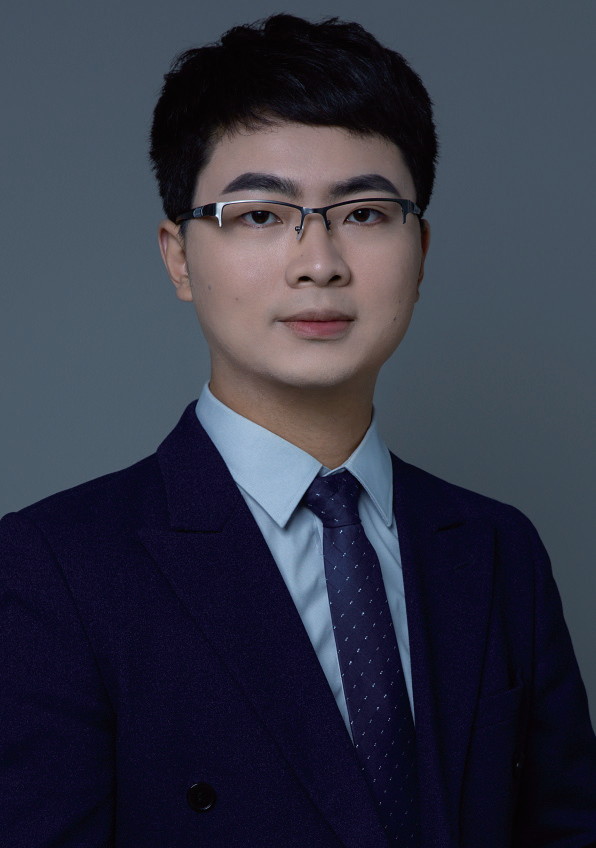Yicheng Zhao, Bowen Liu, Ziyi Liu
University of Electronic Science and Technology of China, Chengdu, China
Abstract: With the swift progress of wet chemistry, a series of functional materials can be synthesized into precursor solutions utilizing liquid solvents, including quantum-dot colloid solutions, perovskite solutions, and organic solutions etc.. Various electronic devices derived from these solution-processed materials are inherently influenced by modulating their ratios, combinations, and processing parameters. To expedite the development of complex semiconductor materials and devices, our lab, grounded in a high-precision multi-channel liquid distribution system, pioneered the first high-throughput intelligent experimental platform for electronic thin films and devices. The platform covers autonomous experimental design, high-throughput thin film preparation, high-throughput device fabrication, high-throughput optoelectronic characterization, and intelligent data analysis. The daily throughput can reach 104, 103, and 104 for solutions, devices, and data analysis respectively. Employing such a new research paradigm, we successfully optimized complex perovskite semiconductor thin films (AB X3,'A'site: potassium (K+), rubidium (Rb+), cesium (Cs+), methylammonium (MA+), and formamidinium (FA+); 'B'site: lead (Pb+) and tin (Sn+);'X'site: iodine (I-), bromine (Br-), and chlorine (Cl-)). Based on the stable perovskite thin films, we further fabricated ultra-stable perovskite solar cell devices, demonstrating the superiority of this data-driven research paradigm.
Keywords: High-throughput experimentation; Machine learning; Perovskite; Solar cells; Data-driven.

Prof. Dr. Yicheng Zhao is a junior professor in the School of Integrated Circuit Science and Engineering at the University of Electronic Science and Technology of China (UESTC). He was honored with National Talents Plan, Hundred Talents Plan in 2022 and Humboldt Fellow in 2018. From 2018 to 2022, he worked at the University of Erlangen Nuremberg (FAU) and Helmholtz Institute (HiERN) in Germany (with Prof. Christoph J. Brabec); from 2013 to 2018, he studied at the School of Physics at the Peking University (with Academician Dapeng Yu and Prof. Qing Zhao). He had one-year experience in the Edward H. Sargent Group at the University of Toronto, Canada. In recent years, he has published papers as first/corresponding author in Nature Energy, Nature Communications, Advanced Materials, etc. with over 6400 citations. To date, the author has published a total of 48 papers indexed by the Science Citation Index (SCI), with 8 of these papers being recognized as Highly Cited Papers in the Essential Science Indicators (ESI) and amassing over 6,500 SCI citations. These notable achievements were highlighted when the research was selected as one of the "Top Ten Advances in Optics in China" for the year 2016, and received accolades from the Chinese Association for Science and Technology for outstanding scientific papers. Additionally, the research received a favorable specialized review in Nature Energy. Currently, the applicant serves as a young editorial board member for InfoMat and a guest editor for AI Chemistry.